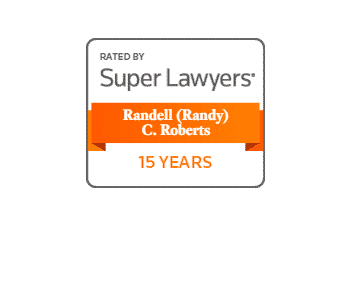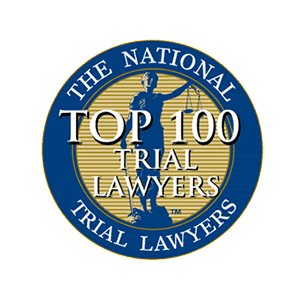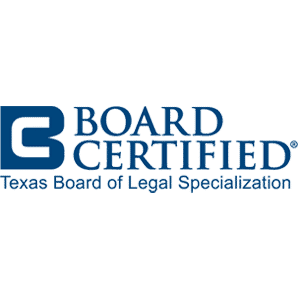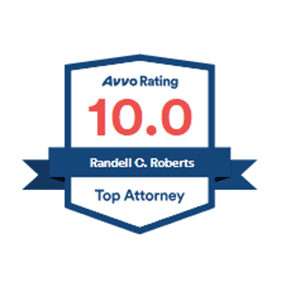Ambien, Lunesta and Sonata

Use of sleeping pills has soared more than 60 percent since 2000, and just two pills – Ambien and Lunesta – account for more than $3 billion in annual sales. Sleeping pills’ popularity has risen for many reasons, including increased advertising and the expansion of the market into different types of medications.
Sleeping pills fall into several categories, one of which is non-benzodiazepines, including medications such as Ambien, Lunesta and Sonata. Although these medications are prescribed to millions of patients each year, prescription sleep aids also pose a number of serious health risks. Physical or psychological addiction, long the major concern with sleeping pills, are just the tip of the iceberg when it comes to dangers that people may face as a result of taking sleep medications.
If you or a loved one has suffered harm as a result of prescription sleep aids, you may have the legal right to take action against the drug manufacturer. An experienced dangerous drugs lawyer at Roberts & Roberts can help you to determine if you have a legal claim.
Health Risks from Ambien, Lunesta and Sonata
Ambien, Lunesta and Sonata have different manufacturers and different generic names, but they also have certain important things in common. For example:
- Sonata is the brand name for the generic drug zaleplon. It is manufactured by King and comes in 5 and 10 mg capsules, although some physicians prescribe a 20 mg treatment by recommending patients take two 10 mg capsules. Clinical trials were conducted with patients taking doses as high as 60 mg.
- Ambien is the brand name for the generic drug zoplidem. It is manufactured by Sanofi Aventis and comes in 5 and 10 mg tablets. Recently, the FDA has called for lower doses and recommended that women now take 5 mg capsules instead of 10 mg because the medication can remain in the blood and cause impairment the next morning. Zoplidem is considered a “sedative-hypnotic” and is intended for the treatment of short-term insomnia by affecting the benzodiazepine receptors in the brain.
- Lunesta is manufactured by Sepracor. It is the brand name for the generic drug eszopiclone. It comes in 1, 2 and 3 mg tablets. Lunesta promises not only to help patients fall asleep, but also to prevent them waking during the night.
Each of these three sleep medications is potentially habit-forming. Each has also been shown to have specific side effects that can create a serious risk for patients who have used the drugs to help them sleep.
Since Ambien, Lunesta and Sonata are among the few prescription sleep aids that the FDA has approved for long-term use, patients may stay on these medications for longer than other sleep-aid medications, which are typically prescribed on a short-term basis for just a few weeks.
Dangers of Prescription Sleep Aids
There are many different risks associated with prescription sleep aids. In fact, in December 2006, the FDA sent letters to multiple manufacturers of drugs intended to treat sleep disorders. These letters requested that entire classes of drugs revise their product labels in order to include information about certain adverse side effects.
Manufacturers of 13 sleeping pills received these letters, and Ambien/Ambien CR, Lunesta and Sonata were along the sleeping pills considered by the FDA to need revised labels.
The FDA requested that sleeping pill manufacturers include not only warnings but also include stronger, clearer language on product labels so that patients could more easily understand the dangers of sleeping pills. Some of the side effects that the FDA wanted manufacturers to warn patients about included:
- Anaphylaxis, which is a severe allergic reaction that can cause throat swelling, an itchy rash, low blood pressure and even death. Patients can experience these side effects with even the very first dose of a prescription sleep aid.
- Angioedema, which refers to severe facial swelling that is generally caused by an allergic reaction. This problem can also occur with the very first use of a sleep medication.
- Active behavior while sleeping. There have been numerous reports of patients making telephone calls, preparing and eating food and doing other activities while asleep. The most dangerous of these behaviors was sleep driving.
The FDA indicated in its warning that all sedative-hypnotic products carry risks of these potential complications, noting, that more information was necessary to determine how often side effects occurred with the different sleep medications. The FDA recommended that the sleeping pill manufacturers perform more clinical studies to investigate how frequently these problems occur.
Studies revealed that sleep driving and other active behaviors during sleep while on Ambien and other medications were a major problem. By 2007, a Wisconsin forensic toxicologist presented information on at least six instances of Ambien sleep driving at a national conference. Doctors at the University of Minnesota reported more than 30 cases of Ambien users who developed nighttime eating disorders, and a Rhode Island senator made headlines when he crashed his car while using Ambien.
Driving while on sleeping pills is extremely risky not just to the person on the medication but also to others. The FDA’s request that manufacturers consider stronger warnings was intended to make sure patients were aware of the risks they were taking on when they took a prescription sleeping pill.
Sleep Aids and Life-Threatening Illnesses
The risks of severe allergic reactions and the dangers of sleep driving are not the only problems that patients on sleep aids face. A study co-authored by a professor of psychiatry at University of California – San Diego and published in the British Medical Journal (BMJ) indicated that patients who used sleep aids, even occasionally, had a greater risk of premature death. This increased risk comes from a higher chance of developing cancer and heart disease, among other ailments.
The study indicated that it takes very few sleeping pills to increase the chances of dying prematurely. Researchers analyzed more than 10,500 patients who had taken prescription sleep aids from 2002 to 2007. The majority of the 10,531 patients in the study were on Ambien, while a total of 4,117 of the patients studied had prescriptions for other medications, including Lunesta and Sonata.
The health outcomes of the patients who took sleep medications were compared to 23,500 people in the general population who had not taken sleeping pills. The results include:
- There were three times as many deaths among those who took between one and 18 sleeping pills compared with those who had taken no pills.
- Among patients who took 132 sleeping pills or more over the course of the year, the risk of death was five times greater than among the individuals who took no sleep aids.
- Patients taking prescription sleep aids were 35 percent more likely to be diagnosed with cancer during the study period than those who were not on sleep medications.
While drug manufacturers argue that cause and effect have not been conclusively established between sleep medications and cancer or other health concerns, the growing body of research showing serious health problems suggests that sleeping pills are much more dangerous than manufacturers have led patients to believe.
Taking Legal Action over Complications Due to Sleeping Pills
When a drug causes side effects you were not warned about, you may be entitled to compensation from the drug manufacturer. Drug makers have an obligation to test their products to ensure they are safe, and the manufacturers can be sued if a product turns out to be dangerous, regardless of whether the manufacturer was negligent.
Because of the complexities associated with dangerous drug cases, it is important to have a dedicated and experienced attorney on your side when making a claim.
At Roberts & Roberts, our dangerous drug lawyers are investigating claims related to sleep aids including Ambien, Lunesta and Sonata. If you or a loved one took these or other sleep aids and have experienced complications, call us at 903-597-6000 or contact us online today. The call costs you nothing … It could mean everything.
Sources:
- Tuck (Sleepdex) – Prescription Sleep Medication
- Science Daily – FDA Reports Risks Of Severe Allergic Reactions And Sleep-Driving, With Some Sleeping Pills
- New York Times — F.D.A. Warns of Sleeping Pills’ Strange Effects
- Los Angeles Times — Sleeping pills linked to higher risk of cancer, death, study says







